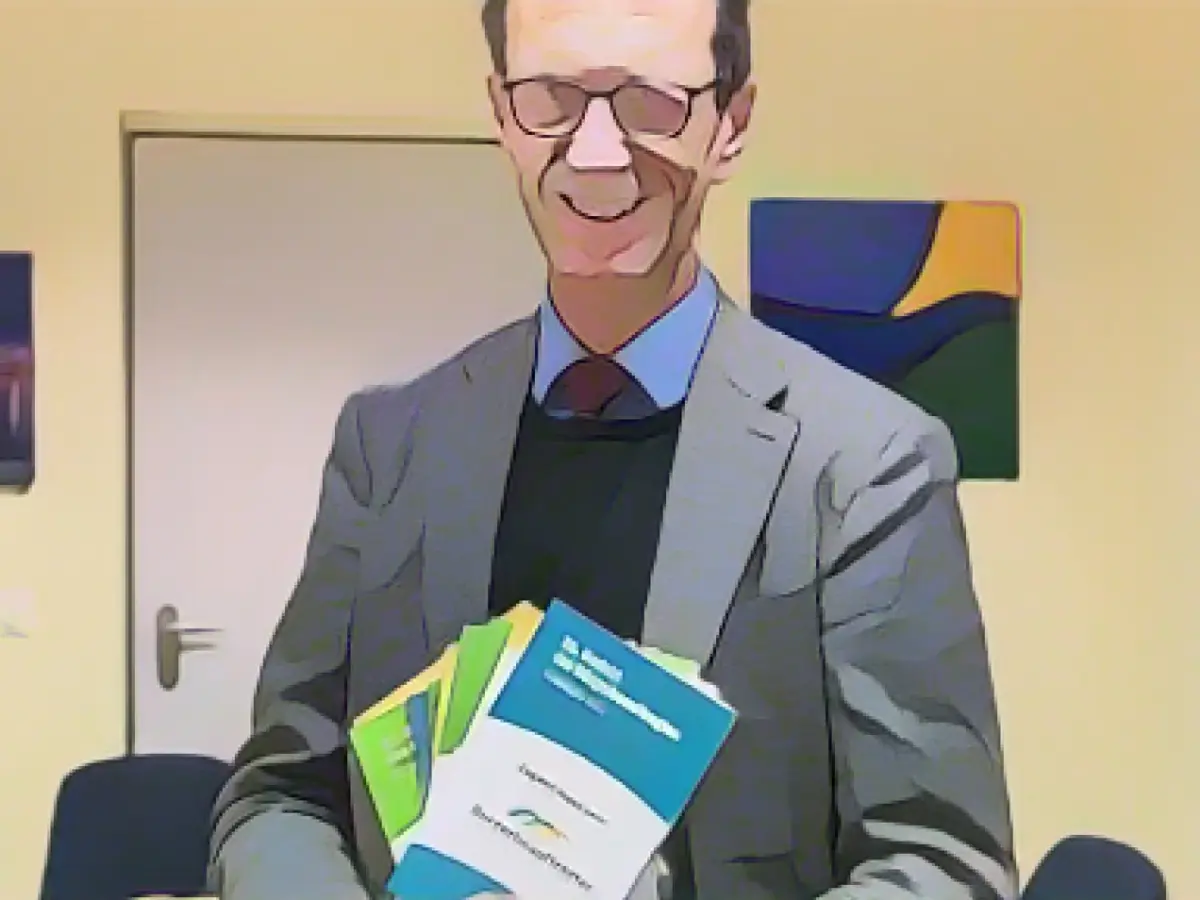Headline: Thousands of Educators and Public Servants Take Part in Germany's Strike Actions
On a chilly Wednesday, Berlin's schools faced another interruption when classes were canceled and facilities closed. This time, over 13,000 educators and public service employees heeded the call to participate in a warning strike, as organised by several trade unions like the Education and Science Union (GEW), Verdi, and GdP police union, according to this morning's announcement by GEW.
This work action encompassed all personnel who adhere to the collective agreement for the public service of the federal states, which is currently under nationwide renegotiation. This involves various job roles, including educators, teachers, university staff, and social workers in youth, health, and social services.
Following an early morning assembly at Ernst-Reuter-Platz, strikers marched towards Kurfürstendamm, where the conference of labor and social ministers held a concurrent meeting at the same location. The attendees gathered for a rally on site.
Negotiations are set to resume this week on Thursday and Friday in Potsdam for the third round. Among their primary demands, the unions petition for a 10.5% wage increase over a twelve-month period, with at least €500 a month. For trainees, they ask for a €200 increase. Furthermore, for the cities of Berlin, Hamburg, and Bremen, the unions advocate for a city-state bonus of €300.
Related Reading:
As the ongoing negotiations for the collective agreement in the public service sector continue, potential work disruptions have impacted Kindergartens and schools across various federal states. Thousands of educational establishments have made alterations to their schedules in response to this warning strike called by teachers and public service employees.
During the warning strike, gatherings at places like Ernst-Reuter-Platz served as key rallying points for participating strikers. Now, the parties will reconvene in Potsdam this week, urging for wage increases, city-state bonuses, and improved conditions for public service employees, all while aiming to reach an agreement and prevent further disruptions in the education and science sectors.
Insights:
Participating in collective bargaining negotiations, several trade unions across Europe have launched strike actions recently. As shown below, not only Germany but also other nations such as Belgium and the Basque Region of Spain, have witnessed labor disputes in the education sector.
Collective Bargaining and Strike Actions in Europe:
- Belgium's French-speaking Teachers: Approximately 30,000 teachers in French-speaking schools in Belgium have taken part in a 48-hour strike against job losses, pay cuts, and poor working conditions. The teachers had also protested against pension reforms two weeks prior to this strike.
- Basque Region, Spain's Teachers : Approximately 27,000 teachers have participated in a strike, demanding better remuneration that matches the cost of living, increased staff capacity, more worker hours, and job security guarantees.
- Germany's Teachers and Public Sector Employees: While not specifically mentioned in relation to the current strikes, there have been ongoing contract disputes involved in Germany's teachers and other public sector employees. For instance, bus drivers in Stuttgart and many cities in Baden-Württemberg have embarked on a strike for a 9% wage increase.
In summary, the ongoing contract disputes and strikes across Europe are aimed at securing wage increases, improved working conditions, and better educational reforms. While the immediate impact on schools and education in Berlin, Hamburg, and Bremen is limited due to the ongoing strikes, ongoing contract disputes and strikes in other regions could potentially affect educational services if they involve teachers or other educational staff.
Source:








